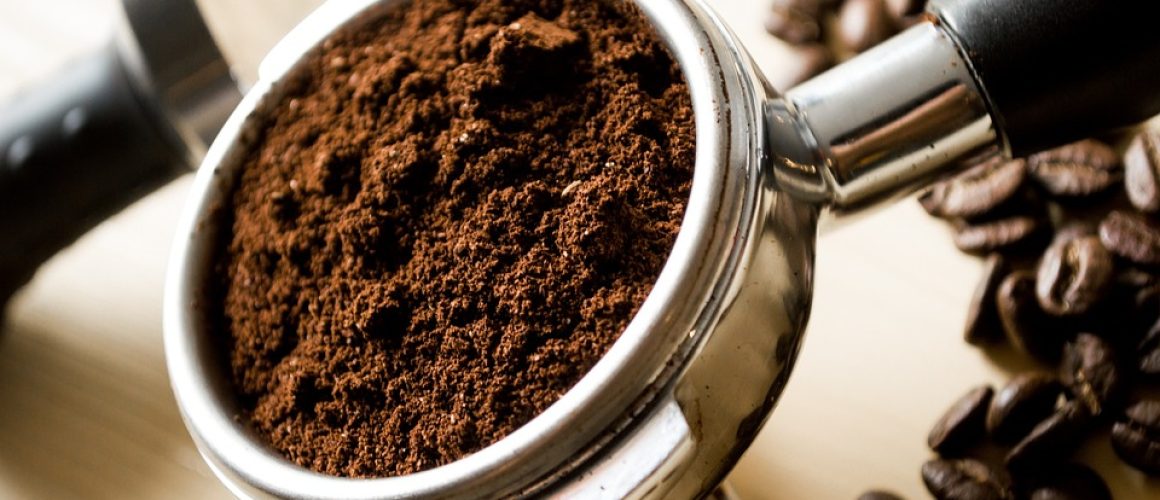Brewing Change: How Free Trade Coffee is Revolutionizing the Industry
Coffee has come a long way from just being a morning pick-me-up. It has become an integral part of our culture, with its own vocabulary, fan clubs, and a growing demand for the highest quality beans. But what many coffee lovers may not know is that the world’s most beloved drink is changing, and free trade coffee is revolutionizing the industry.
Free trade coffee is a type of coffee that is produced under fair trade standards, which means that the farmers and workers involved in the production process are paid fairly and treated with respect. This type of coffee is grown using environmentally sustainable methods, which is a significant departure from the traditional way of producing coffee.
The traditional coffee production method is inefficient, labor-intensive, and usually takes a toll on the environment. With free trade coffee, small farmers are encouraged to use sustainable and eco-friendly growing methods, which not only benefits the environment but also produces a better quality of coffee. By working under the free trade system, farmers have the opportunity to grow their business, receive a fair price for their beans, and promote better social and economic conditions within their communities.
One of the significant benefits of free trade coffee is that farmers are paid a fair price for their beans. Under the traditional system, farmers are often paid below-market prices for their beans, leaving them with little to no profit for their hard work. With free trade coffee, farmers are guaranteed a fair price for their beans, allowing them to invest in their farms and improve the quality of their product.
In addition to paying fair prices, free trade coffee producers also promote better working conditions for their workers. This includes safe working environments, access to healthcare, and the right to form unions. This ensures that workers are not only respected but are also able to have a fair say in how the production of their product is handled.
Another benefit of free trade coffee is the positive impact it has on the environment. Coffee production traditionally involves the use of large amounts of water and pesticides, which can cause significant damage to the environment. With free trade coffee, environmentally friendly practices are used, which not only benefits the environment but also produces higher quality coffee.
Free trade coffee is becoming increasingly popular among coffee lovers, with many specialty coffee shops and roasters offering free trade options. These options not only taste great but also provide consumers with a way to support sustainable and ethical farming practices. Free trade coffee is also available in supermarkets, ensuring that people who want to support sustainability can do so easily.
In addition to supporting small farmers and sustainable practices, free trade coffee also offers unique flavors and aromas. These flavors are often the result of the unique growing conditions found in each region where the coffee is produced. For example, some free trade coffee comes from the high-altitude regions of Latin America, which produce a coffee with a bright acidity and notes of citrus and fruit. Other free trade coffee comes from Africa, which is known for producing coffee with a medium body and notes of dark chocolate and berries.
So, how can you know if the coffee you are buying is free trade? Look for labels on the packaging that indicate free trade practices. Some roasting companies also display the certification of their beans on their websites, making it easy for consumers to find out more about the coffee they are purchasing.
In conclusion, free trade coffee is revolutionizing the coffee industry by providing small farmers with fair pay and promoting sustainable practices that benefit the environment. This movement is creating a better future for coffee production, while also producing some of the world’s best and most unique coffees. As coffee lovers, we can all make a difference by purchasing free trade coffee and supporting a sustainable and socially responsible future for the coffee industry.


